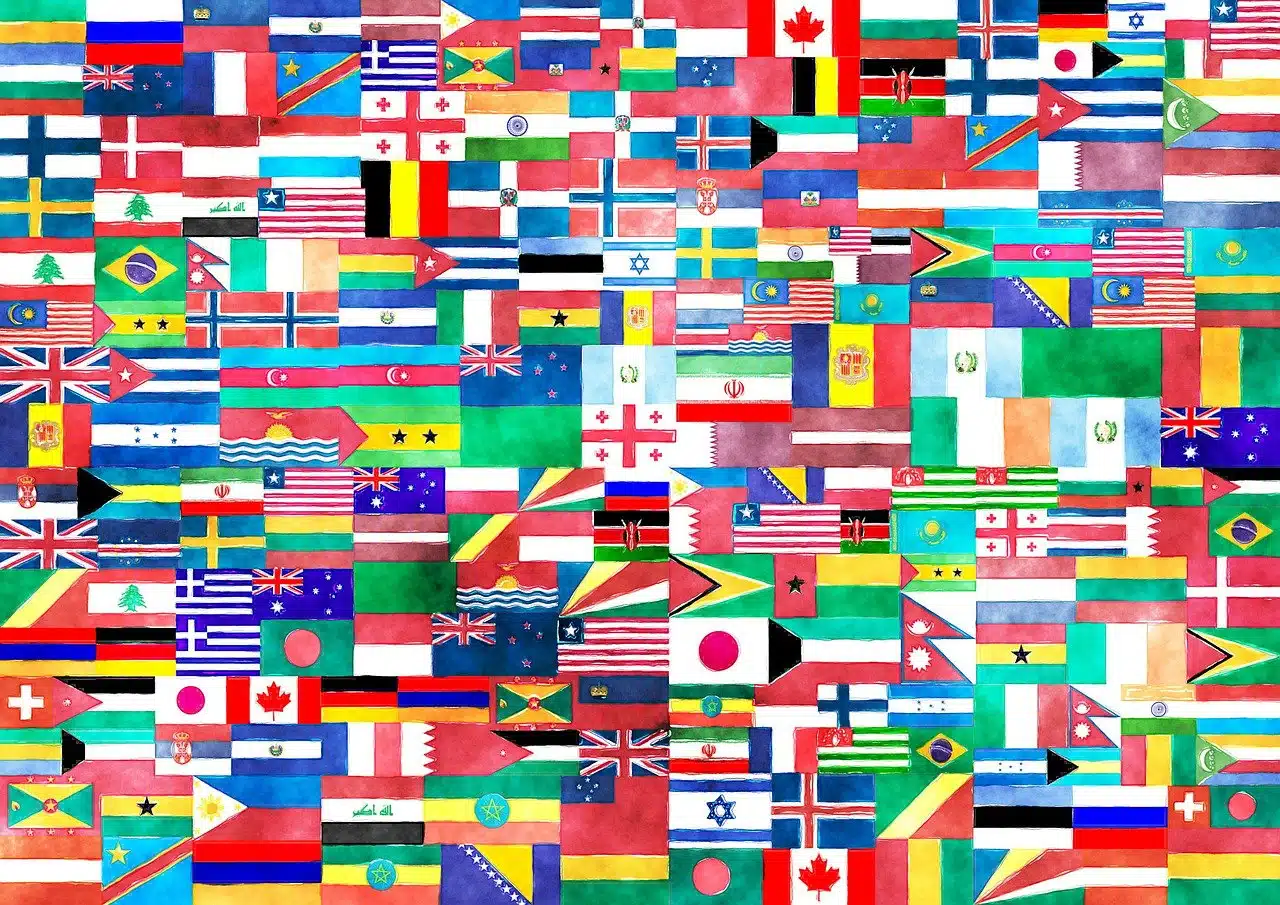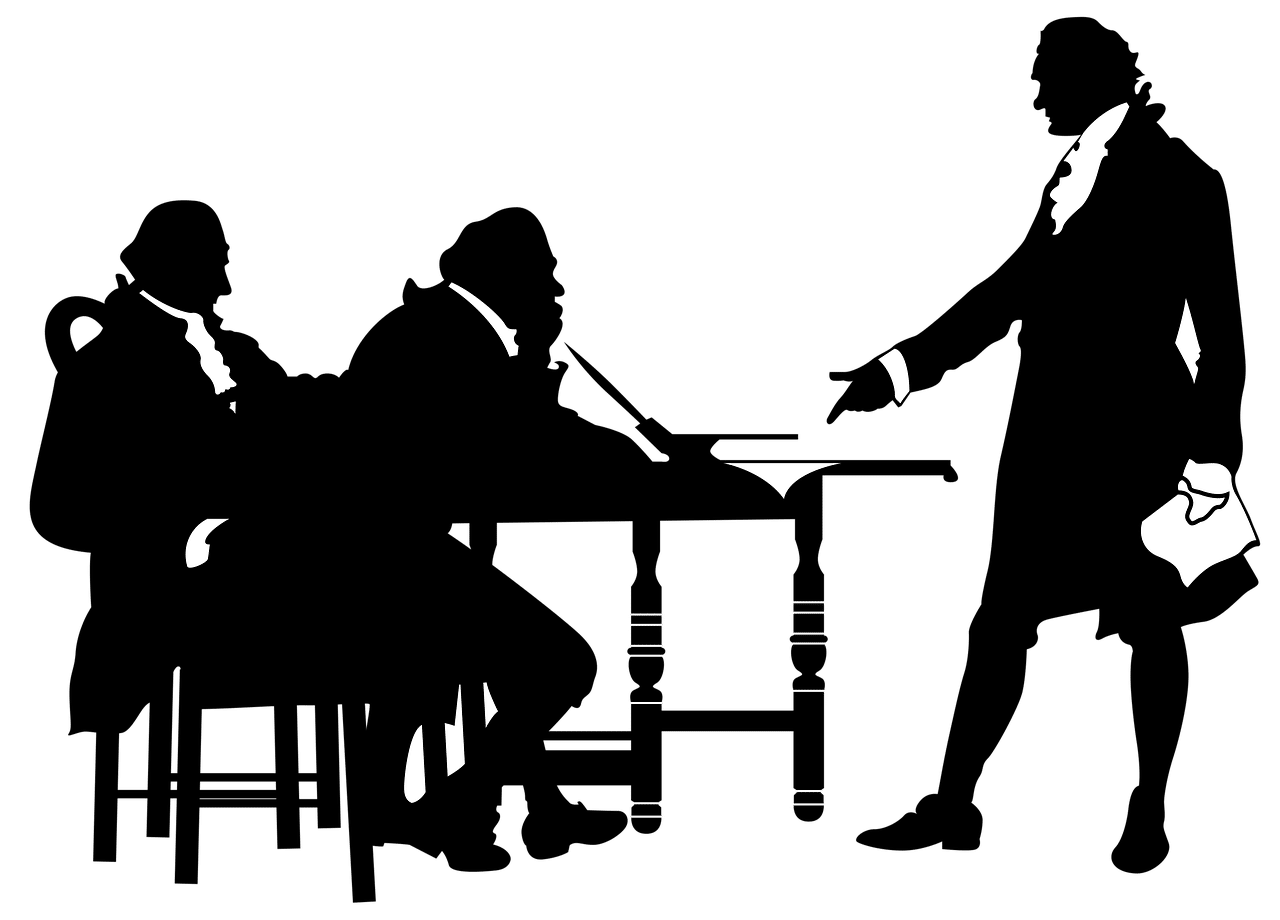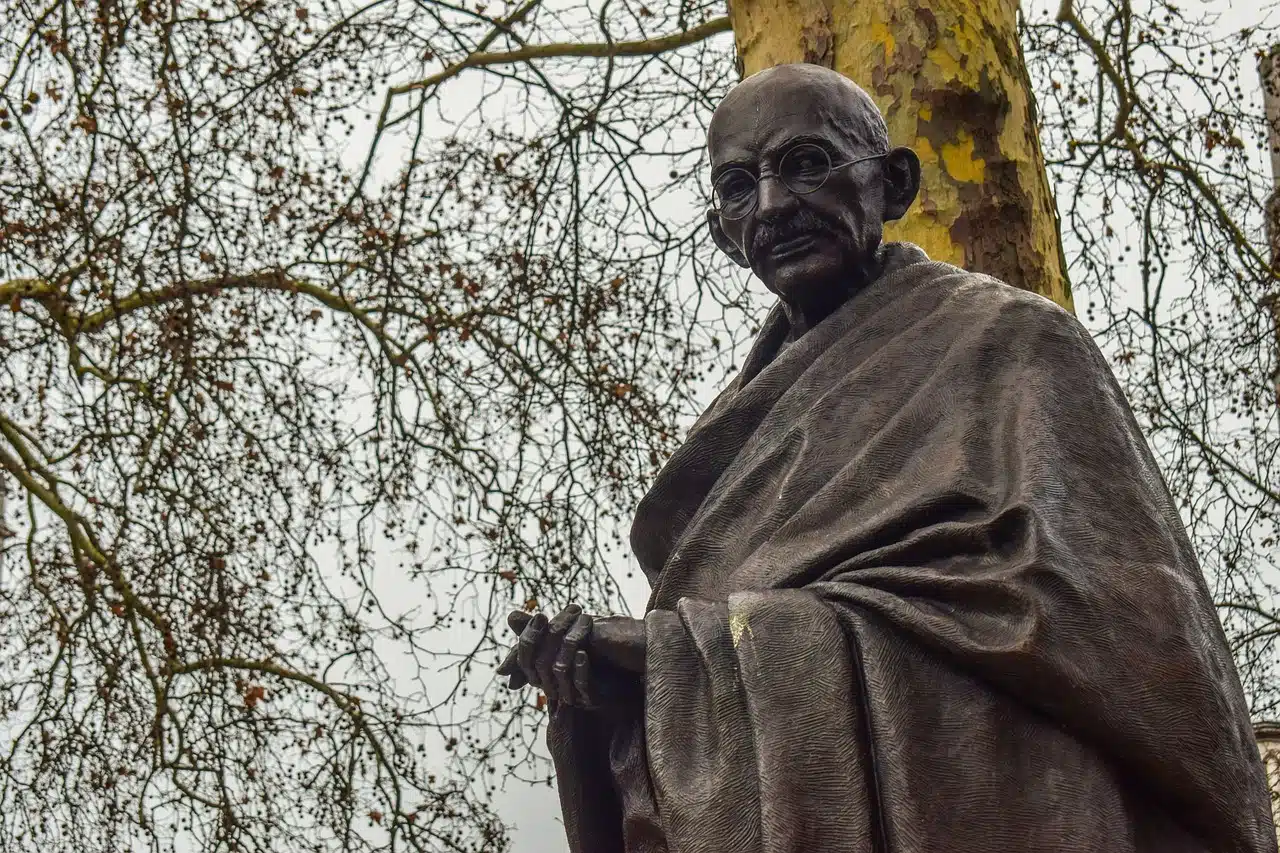
At the political level, the freedom of a country is associated with its sovereignty.
Freedom is an abstract concept that is difficult to define; In principle, the notion is linked to the faculty that every living being has to carry out an action according to its own will .
Starting in the 18th century , freedom began to join other faculties or virtues, such as justice and equality . This social change was accompanied by the development of new forms of organization of society and the emergence of hitherto unprecedented political regimes.
Scope and limits of freedom
A free being is not bound to the will of others in a coercive way . Freedom guarantees respect for individual will and implies that each person must assume responsibility for their actions. Absolute freedom is known as debauchery , which inevitably leads to lack of social control and the end of peace.
For example: a person can use their freedom to create a business and obtain, through commercial activity, the resources that allow them to survive. That freedom, however, is limited by the law , which prohibits you from selling products that do not meet a series of requirements and forces you to pay taxes. These impositions, needless to say, exceed the will of the subject; However, given the way in which human beings organize our lives, they do not threaten their freedom.
Freedom, in this context, is understood as a certain autonomy . Each subject can use their self-determination to act, although always within a certain framework imposed at the social level.

Decolonization that grants independence to a territory gives it freedom.
Prohibitions that are accepted as reasonable
This reveals a very particular issue: there is no such thing as absolute freedom . In this regard, there are various positions, but none that ensures the possibility of keeping our moral and ethical principles in force while breaking down our invisible barriers and acting with total ease at every step. In these codes , invented by our species, lies the reason (for many irrefutable) for the limits of freedom.
Let's take as an example three prohibitions that most people think we understand or accept as fair and reasonable: we cannot take what belongs to others; we cannot have sexual relations with our parents or siblings; and we cannot kill another human being. Theft and murder are crimes punishable by the laws of each country, and incest can be seen in different ways, but the morality to which we respond in our culture tells us that it is something disgusting and unnatural, something we would never do . .
Freedom and the justice system
We do not enjoy absolute freedom because we prefer the comfort that comes from having someone organize our lives and protect us. If a wolf tries to snatch a piece of meat from its leader, it will remind it why it occupies that position in the pack; On the other hand, human beings entrust these types of situations to a justice system, the same one that we criticize negatively when we do not need it.
Trying to contrast this idea of the limits of freedom, one can think that it does not include those issues mentioned above, since it does not accept in its definition any act that harms another living being or that crosses the walls of morality that each nation has raised for centuries. It is important to remember that freedom is not a concept that we share with the rest of the species on the planet, but rather it is our invention and, if we wish, we can ensure that we are all absolutely free.

There are pacifist movements that fight for political freedom through non-violence.
The question of the individual
Individual freedom , on the other hand, must be protected by the State . No person can restrict the freedom of others; Otherwise, the competent authorities must act to punish the person responsible.
Another analysis of freedom is linked to psychological or metaphysical issues. The essence of freedom, in a certain way, can never be affected since it exists within every living being; No one can stop another from thinking or feeling certain things.
Freedom and politics
Politics , as an activity aimed at the organization of public affairs, determines the limits of freedom in different ways. In a rule of law, freedom is limited and, at the same time, guaranteed by the Constitution .
Democracy is understood to be the system of government that allows citizens to live in freedom. People, for example, participate in decision-making through a representative government that must act in accordance with the law.
However, there are those who question what freedom a human being can have who does not reach a minimum level of quality of life or well-being, beyond citizen participation in political decisions. In other words: he who sees his right to food, his right to health or his right to housing violated cannot be free.
This type of reasoning is often used by those who criticize capitalism . The defenders of this system, on the other hand, minimize this problem and focus on the curtailment of freedom represented by alternative regimes such as communism or even the utopia proposed by anarchism .
The freedom achieved by certain groups can also be specifically analyzed. Feminist movements , to cite one case, aim at the emancipation of women through the end of sexist violence and gender inequality. There are also anti-racist movements, indigenous movements and movements of people with disabilities, among other social movements that promote the freedom of specific groups.
